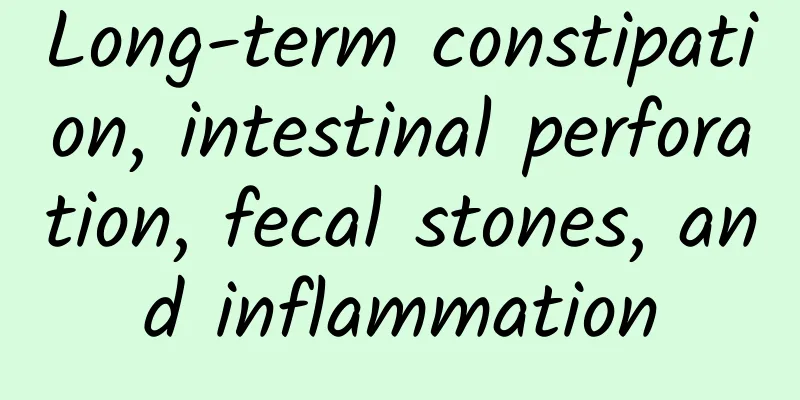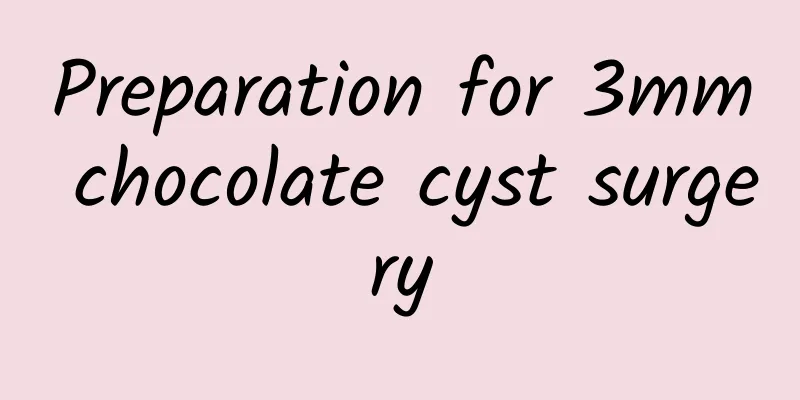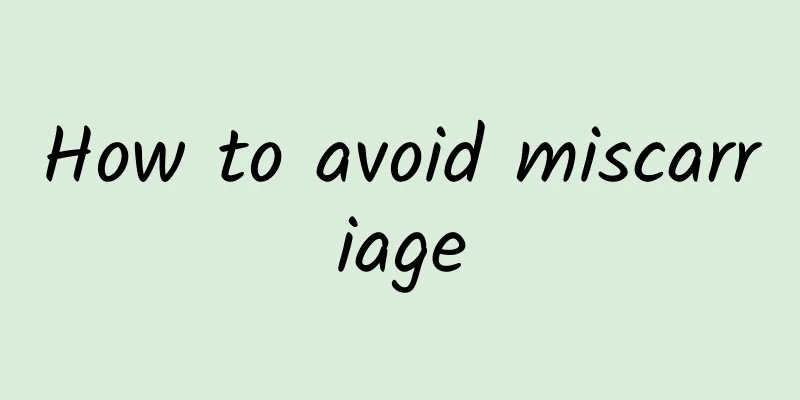Long-term constipation, intestinal perforation, fecal stones, and inflammation

|
People often say, "If you have constipation, you are worried." In fact, it is not just that. If you have long-term constipation problems or constipation, you should be careful that it may cause complications! Mr. Chen, who was in his sixties, often felt dull pain in his stomach. As he had a family history of colorectal cancer, he sought medical treatment. Examination revealed many diverticula in the cecum, with fecal stones stuck in the diverticula. Endoscopic flushing was then performed to relieve the patient's distress. Dr. Xu Hong said that fecal stones are prone to getting stuck in intestinal diverticula, causing inflammation, abdominal pain, and intestinal perforation. (Photo provided by Shutian Clinic) Xu Hong, director of the colorectal and anal department of Shutian Clinic, said that diverticulum refers to a bag-like or sac-like protrusion of the intestinal tract, which can be divided into congenital and acquired: congenital is a protrusion of the entire layer of the intestinal wall, and acquired is a protrusion of the intestinal mucosa through the muscle layer. Diverticula are caused by excess pressure in the intestines. A diet lacking in fiber for a long time and difficulty in defecation can cause increased intestinal pressure. In addition, weak intestinal wall muscles are also prone to occur. It usually occurs in the sigmoid colon, ascending colon and cecum, and is most common in people aged 50-70 years old. When there are diverticula in the intestines, it is easy for feces to get stuck in the diverticula, forming "fecal stones" and causing inflammation of the diverticula, which is the so-called "diverticulitis". It may even cause intestinal perforation and trigger peritonitis. When a diverticulum becomes inflamed, there may be cramping, abdominal pain, changes in bowel habits, fever, chills, nausea, and vomiting. Whether the diverticulum is inflamed can be determined through medical history taking, physical examination, blood drawing, X-ray, CT or MRI, enema, colonoscopy and other examinations. In terms of treatment, once inflammation occurs, antibiotics must be used for treatment, and in severe cases, intestinal resection may be required. Xu Hong reminds that people should pay attention to their daily diet, eat more high-fiber, natural foods, and avoid overly refined foods. This can reduce the risk of developing diverticulum and the risk of inflammation caused by stool getting stuck in the diverticulum. Moderate exercise can make bowel movements smooth to reduce the chance of diverticulum inflammation. |
<<: Target weight loss, lying down and slimming, passive sculpting curves
>>: The eye sockets are like chalky gray-white patches. Vitiligo is treated in a good way
Recommend
Is irregular menstruation hereditary?
Is irregular menstruation hereditary? The appeara...
Can endometriosis be cured?
I believe that many women have gynecological dise...
What should women eat after uterine fibroid surgery? 7 questions women should pay attention to after uterine fibroid surgery
Women with uterine fibroids need to spend a lot o...
Drinking soy milk before meals is more effective in losing weight and burning fat
How to diet to lose weight? The editor below will...
Moxibustion for the treatment of hyperprolactinemia
Moxibustion is currently a key method for treatin...
Eating fish heads can prevent aging and improve skin health! The heat mine is hidden here...
During the Spring Festival, families reunite and ...
Do you know the dangers of chronic cervicitis?
What are the hazards of chronic cervicitis? Women...
Will chronic cervicitis affect pregnancy? Pregnancy tips for women with chronic cervicitis
Women are not unfamiliar with chronic cervicitis,...
How much does it cost to treat cervical erosion?
How much does it cost to treat cervical erosion? ...
How to prevent cervical hypertrophy in time
The high incidence of cervical hypertrophy is ver...
There is a science to body beauty! 5:3:2 three meals a day is the fastest way to lose weight
The less fat, the more obvious the muscle lines M...
What should women do if they have uterine fibroids? What are the symptoms of uterine fibroids in women?
Everyone must understand the symptoms of female u...
Traditional Chinese medicine remedies for treating amenorrhea
Traditional Chinese medicine remedies for treatin...
New study: Eating 800 grams of vegetables and fruits a day can reduce the risk of death from disease
In 2017, the Imperial College of London integrate...
Female doctor's sports beauty secrets: running + abdominal breathing
The benefits of exercise are not only burning fat...









